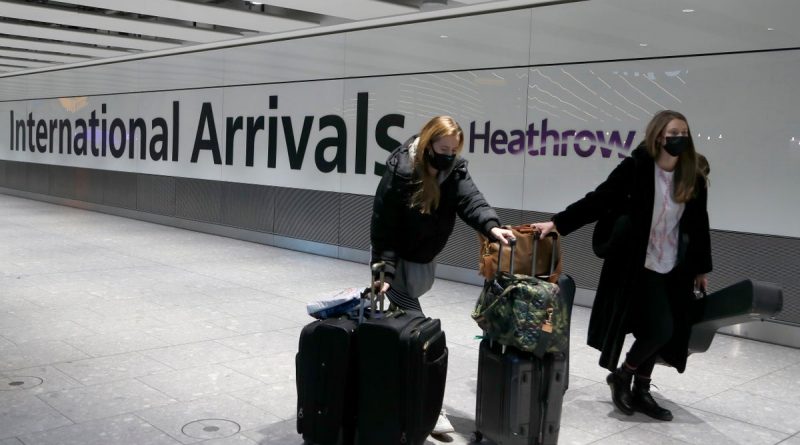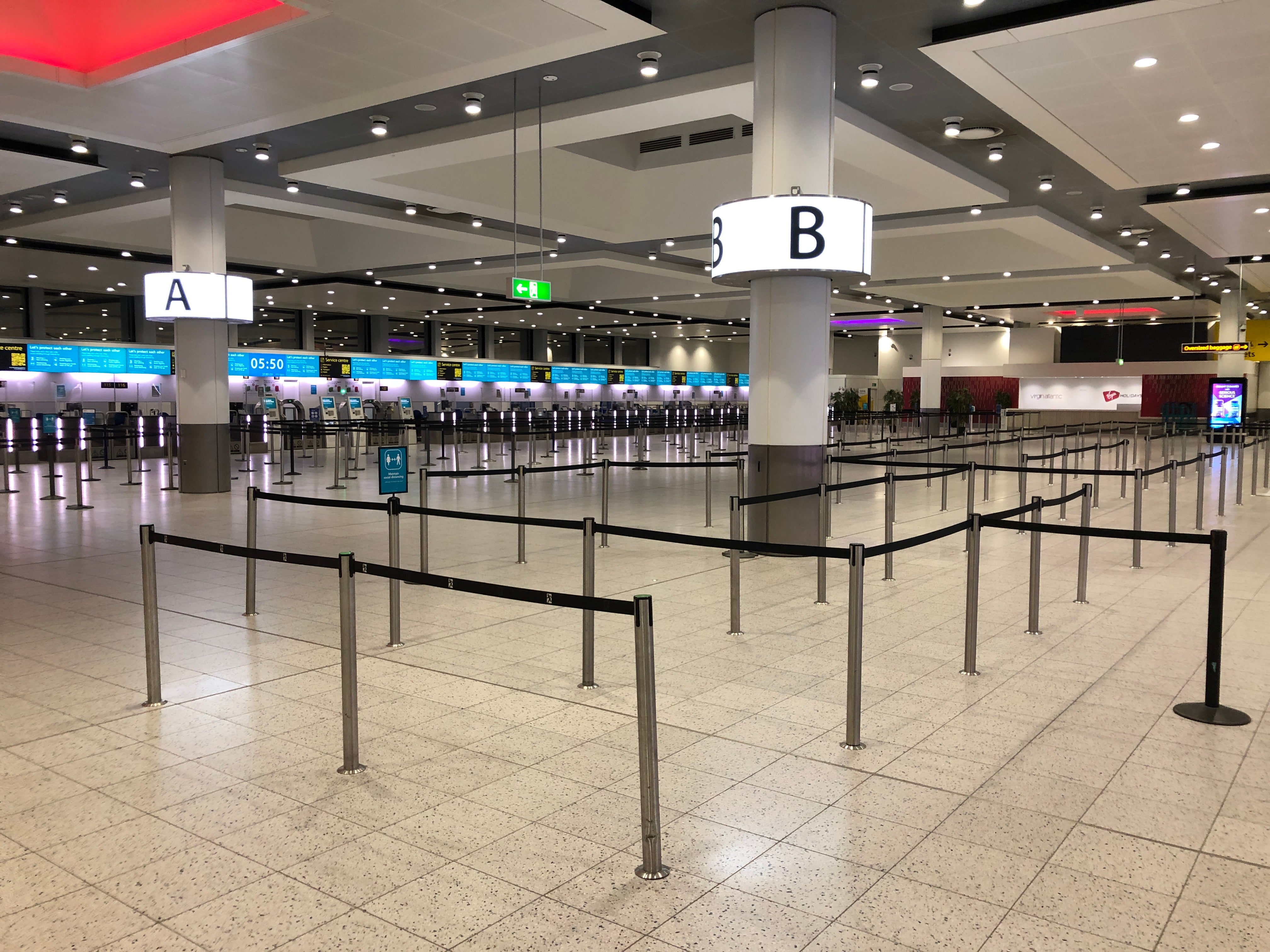The 33 high risk countries where new hotel quarantine rules apply
Eleven months after the coronavirus pandemic began, the UK government has introduced mandatory hotel quarantine for all arrivals from 33 “high-risk” countries.
The tighter travel restrictions are designed to reduce the introduction and transmission of new variants of the virus.
The strategy of using quarantine hotels or other government-mandated facilities where travellers must self-isolate has already proven successful in other countries including Singapore, Taiwan, Australia and New Zealand.
But which countries are high risk and what are the rules? Here’s everything you need to know.
Which countries are high risk?
The government has announced hotel quarantine plans for Britons returning from high-risk or “red list” countries to stop new coronavirus variants entering the UK.
Read more: Follow live coronavirus updates
The countries on the “red list” are already subject to a travel ban.
INDY/GO Weekly Newsletter
TIME TO TRAVEL!
Read our full mailing list consent terms here
INDY/GO Weekly Newsletter
TIME TO TRAVEL!
Read our full mailing list consent terms here
This means flights to the UK from these destinations are suspended and the only arrivals permitted from there are British and Irish nationals or those with UK residence rights.
The countries are mainly located in South America and southern Africa. Here’s the full list:
- Angola
- Argentina
- Bolivia
- Botswana
- Brazil
- Burundi
- Cape Verde
- Chile
- Colombia
- Democratic Republic of Congo
- Ecuador
- Eswatini
- French Guiana
- Guyana
- Lesotho
- Malawi
- Mauritius
- Mozambique
- Namibia
- Panama
- Paraguay
- Peru
- Portugal (including Madeira and the Azores)
- Rwanda
- Seychelles
- South Africa
- Suriname
- Tanzania
- Uruguay
- United Arab Emirates
- Venezuela
- Zambia
- Zimbabwe
The list was originally 30 countries long. On 28 January, transport secretary Grant Shapps said that an additional three countries had been added to the red list: the United Arab Emirates, Burundi and Rwanda.
Hotel quarantine came into effect on 15 February.
What determines whether a country is high risk?
As the move to use quarantine hotels is primarily in response to new variants of Covid-19, it’s likely that a country will be deemed “high risk” if one of the new variants has been identified there. As well as the UK’s own variant, named B.1.1.7, other mutations have been found in South Africa (1.351) and Brazil (P.1). This last “contains a set of additional mutations that may affect its ability to be recognised by antibodies,” according to the US Centers for Disease Control and Prevention (CDC).
Read more: Who pays for hotel quarantine and how long will it last?
It adds: “These variants seem to spread more easily and quickly than other variants, which may lead to more cases of Covid-19. Currently, there is no evidence that these variants cause more severe illness or increased risk of death.”
Will the UK close its borders?
There is mounting pressure from some corners for the government to close UK borders completely, but it is unlikely to happen imminently.
Shadow health secretary Jonathan Ashworth has criticised the government for failing to impose strict measures at the borders sooner.
Speaking on BBC Breakfast, Mr Ashworth said: “We should have had comprehensive border controls in for the past year.
”Priti Patel and Boris Johnson, they tell us they want to take control of their borders, but the one time it actually mattered, and they needed to take control of our borders to protect us, they failed.
“I would urge the government to look at a comprehensive policy, not just the hotspots, because remember, there will be areas or countries across the world where there are mutations which haven’t been identified yet because they don’t have the same level of scientific ability.”
But prime minister Boris Johnson has reportedly rejected calls by home secretary Priti Patel for a temporary closure of borders to protect the country from the new variants.
Where will high risk travellers stay and how will they get there?
According to health secretary Matt Hancock, 16 hotels, with a total of 4,600 rooms, have been contracted. Bath Road, which runs parallel to the runway at London Heathrow airport, has been dubbed “Isolation Row”.
Read more
Travellers will be privately “escorted” to their quarantine hotel upon arrival.
Fines of up to £10,000 will apply to arrivals who fails to undergo the stipulated hotel quarantine, while people who misrepresent their travel history on the passenger locator forms face up to 10 years in prison.
Travellers will have to finance the quarantine themselves, at a cost of £1,750 per person for those travelling alone, which includes 10 days’ (11 nights’) room and board. Additional people in the same hotel room will pay significantly less. The second will pay only £650, with further discounts for children: £325 each. A family of four will pay £3,050.
How long is quarantine?
The current quarantine for all arrivals into the UK is 10 days.
What about all other arrivals?
All travel corridors were suspended on 18 January – which means those entering the country from non-high risk destinations must still self-isolate for 10 days. However, they are permitted to do so at home or while staying with friends or family. Quarantinees are instructed to “travel directly to the place you are staying” but can use public transport to complete their journey.
Source: Read Full Article




